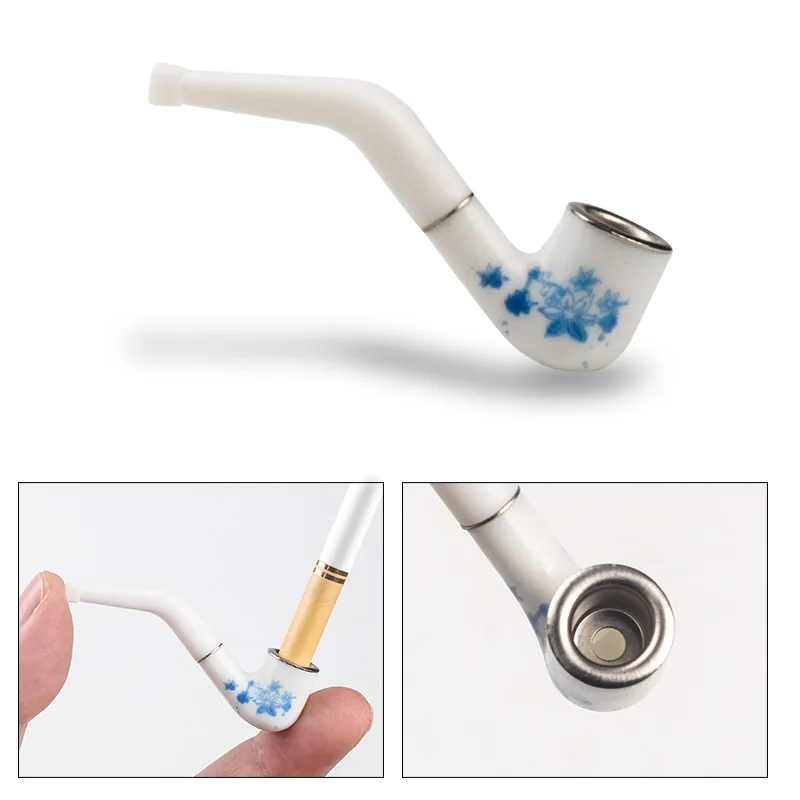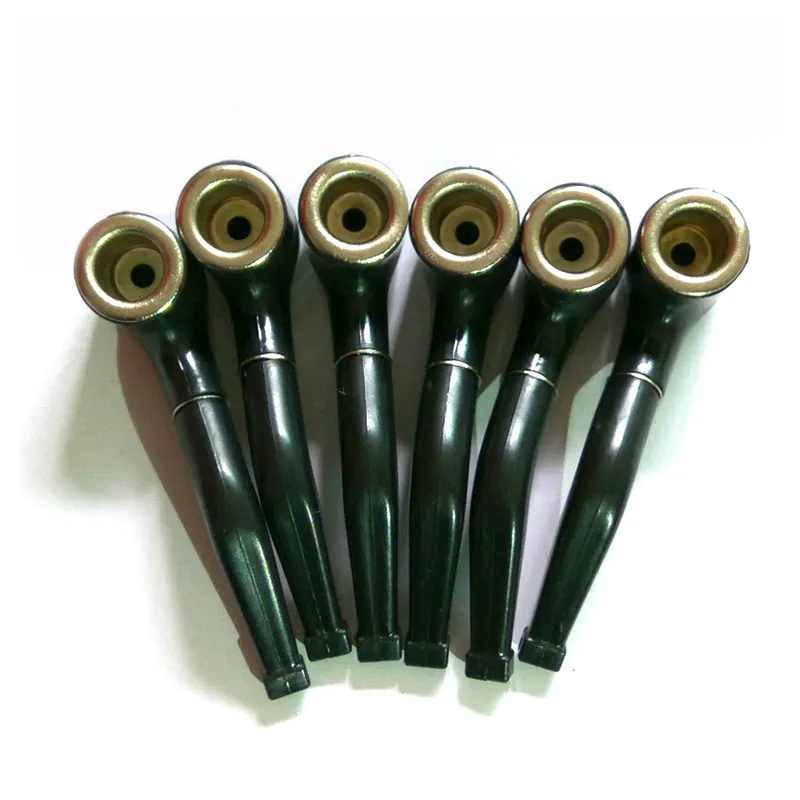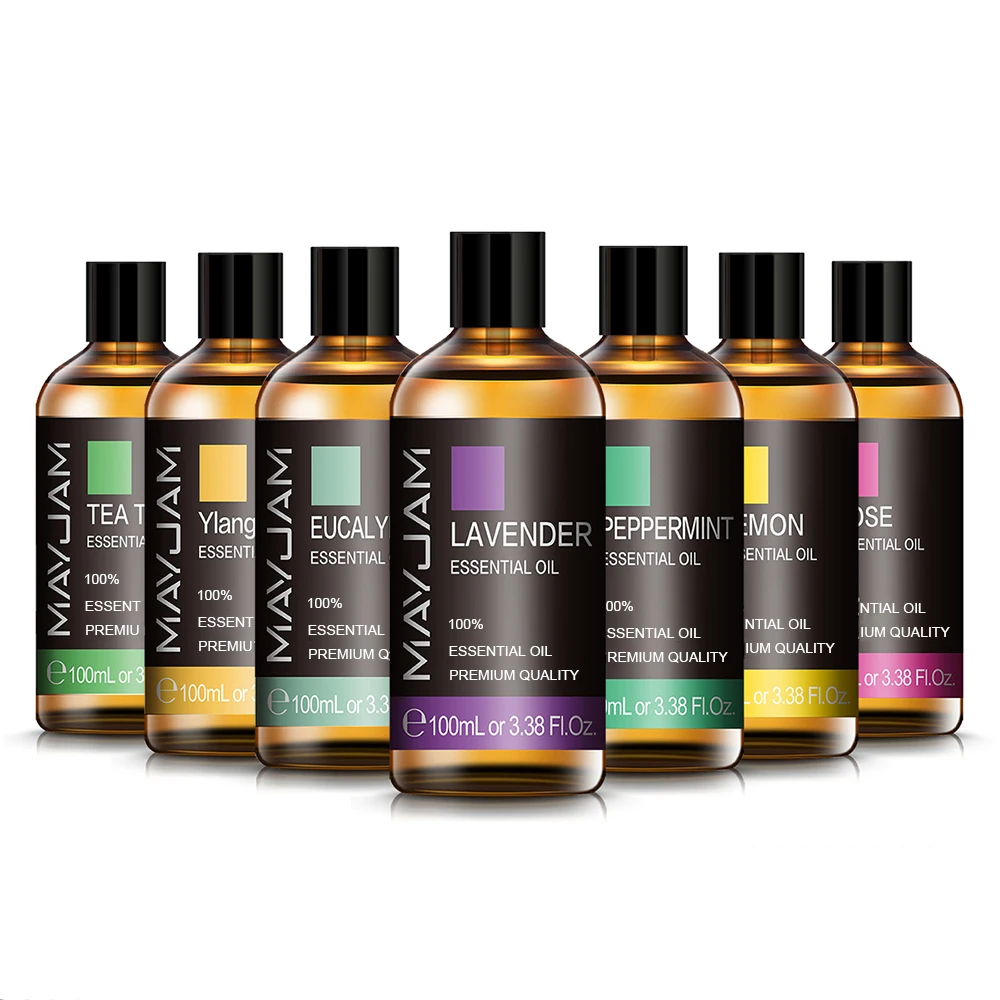Lawmakers in Hawaii have agreed on medical marijuana legislation that would, among other changes, allow healthcare providers to recommend cannabis to treat any condition they believe it would benefit.
But the latest version of the bill, HB 302—approved Friday by a conference committee consisting of members of both legislative chambers—offers a narrower path to medical marijuana for patients with conditions not already listed in the program. For those patients, a recommendation would need to come from their “primary treating medical provider” rather than a provider who specializes in cannabis.
“It is making changes to the medical medical cannabis law by expanding access,” Rep. Gregg Takayama (D) said at the committee hearing, “by allowing treating physicians and nurses to go beyond the specified medical conditions if they feel it’s appropriate.”
After briefly describing the bill, Takayama quipped: “I’ve been waiting all session to say this has been a tremendous joint effort.”
Advocates, however, say the change mandating that only “primary treating medical providers” could recommend marijuana—combined with others made in the conference committee that would establish a new felony charge for unlicensed dispensary operation and give the state Department of Health sweeping authority to review patients’ medical records—has led them to reconsider their stance on the bill.
The group Marijuana Policy Project (MPP), for example, now opposes HB 302 after previously submitting testimony in support of earlier versions. Karen O’Keefe, director of state policies for MPP, noted that data suggest that only a small subset of Hawaii doctors are currently willing to recommend cannabis.
“About 6% of actively treating physicians are recommending medical cannabis in Hawaii,” she told Marijuana Moment, with fewer than 250 doctors statewide having issued recommendations. “So in practice, the vast majority of patients have to go to a specialist for their medical cannabis recommendation.”
The provision could also complicate the process of obtaining a medical marijuana recommendation for patients without a primary care physician, veterans whose primary care doctors work for the federal Department of Veterans Affairs (VA) and others.
MPP likely would have supported the bill despite those changes, O’Keefe said, but the conference committee also made a number of other changes in the revised bill that the group says go too far.
First, the bill authorizes the Department of Health to “inspect a qualifying patient’s medical records held by the physician, advanced practice registered nurse, or hospice provider who issued a written certification for the qualifying patient.”
Providers who don’t comply with a department request for a patient’s records could see their ability to issue medical cannabis revoked.
Another change establishes a new Class C felony for unlicensed operation of a dispensary, adding another major charge on top of the state’s existing laws against illegal distribution of marijuana.
Additionally, the conference committee-revised bill would appropriate $750,000 “or so much thereof that may be necessary” to recruit and hire five investigator positions and one analyst position “to enforce, and mitigate nuisances relating to, illegal cannabis and hemp products.”
Another provision in the bill would allow patients to be recommended medical marijuana through telehealth visits rather than having to establish an in-person relationship with a provider.
The conference committee’s bill now proceeds back to the House and Senate chambers for floor votes on Wednesday. If lawmakers sign off on the revised bill, it would then proceed to the governor’s desk. It’s possible the measure could see further adjustments, but both chambers would need to approve identical amendments in order for them to be adopted.
O’Keefe said that she was disappointed that rather than move toward broader legalization of marijuana—which remains illegal for adults in Hawaii—lawmakers are moving instead toward a more tightly regulated medical program.
Prior to the conference committee’s changes, the state Senate passed the measure on a 24–1 vote earlier this month. That followed unanimous passage by the House in early March. Between those two votes, however, a pair of Senate committees amended the bill, making changes House lawmakers later rejected. The conference committee was formed to iron out the disagreement.
Among the Senate’s changes, one provision amended the bill to effectively allow medical marijuana to be recommended for any condition that a doctor or advanced practice registered nurse (APRN) believes it would benefit. Currently providers can recommend marijuana to treat only those maladies on a specific state list.
The provision would have redefined “debilitating medical condition” to mean “any condition determined by the certifying physician or advanced practice registered nurse to be appropriate for the medical use of cannabis.”
That would have opened the door to wider access for patients who might have conditions that stand to benefit from medical marijuana but whose ailments haven’t been specifically recognized by state officials.
Instead, the revised bill keeps the existing list of “debilitating conditions” but also allows a patient’s “primary treating medical provider” to recommend marijuana for other conditions if the provider “is primarily responsible for the treatment and ongoing care of the qualifying patient and has determined that the potential benefits of the medical use of cannabis are likely to outweigh the associated health risks.”
Earlier in the legislative session, the state Department of Health took issue with the medical marijuana expansion bill.
“While the Department supports allowing medical providers to use their professional judgment in diagnosing and treating patients,” it said in previous written testimony, “there is limited scientific evidence supporting the use of cannabis for conditions beyond those currently listed in statute. The Department is particularly concerned about potential risks to patient safety, including adverse drug interactions between cannabis and a patient’s existing treatment plan.”
To remedy those concerns, the department recommended an amendment stating that only a patient’s treating provider be authorized to certify patients for nonspecified conditions—a suggestion lawmakers had declined to take up until the conference committee.
The move to allow healthcare providers to recommend medical cannabis to patients for any condition they see fit is in line with a plan announced last year by Gov. Josh Green (D) to expand access to marijuana in light of the legislature’s failure to pass recreational legalization measures.
“This would make it very available—that’s marijuana—for those who choose it in their lives,” the governor said in an interview, “and it would still keep kids safe, which has been everyone’s priority.”
At the same time, Green reiterated his support for full recreational legalization.
“I think for adults who can responsibly use marijuana, it should be legal,” he said.
Meanwhile, a separate bill to create a two-year pilot program to support clinical research into psychedelic-assisted therapies, including substances such as psilocybin and MDMA, is also pending before a conference committee.
Lawmakers also recently sent a bill to the governor that would help speed the expungement process for people hoping to clear their records of past marijuana-related offenses—a proposal Green signed into law earlier this month.
That measure, HB 132, from Rep. David Tarnas (D), is intended to expedite expungements happening through a pilot program signed into law last year by Gov. Josh Green (D). Specifically, it will remove a distinction between marijuana and other Schedule V drugs for the purposes of the expungement program.
The bill’s proponents said the current wording of the law forces state officials to comb through thousands of criminal records manually in order to identify which are eligible for expungement under the pilot program.
Hawaii’s Senate back in February narrowly defeated a separate proposal that would have increased fivefold the amount of cannabis that a person could possess without risk of criminal charges. The body voted 12–11 against the decriminalization measure, SB 319, from Sen. Joy San Buenaventura (D).
Had the measure become law, it would have increased the amount of cannabis decriminalized in Hawaii from the current 3 grams up to 15 grams. Possession of any amount of marijuana up to that 15-gram limit would have been classified as a civil violation, punishable by a fine of $130.
A Senate bill that would have legalized marijuana for adults, meanwhile, ultimately stalled for the session. That measure, SB 1613, failed to make it out of committee by a legislative deadline.
While advocates felt there was sufficient support for the legalization proposal in the Senate, it’s widely believed that House lawmakers would have ultimately scuttled the measure, as they did last month with a legalization companion bill, HB 1246.
Last session, a Senate-passed legalization bill also fizzled out in the House.
This year’s House vote to stall the bill came just days after approval from a pair of committees at a joint hearing. Ahead of that hearing, the panels received nearly 300 pages of testimony, including from state agencies, advocacy organizations and members of the public.
This past fall, regulators solicited proposals to assess the state’s current medical marijuana program—and also sought to estimate demand for recreational sales if the state eventually moves forward with adult-use legalization. Some read the move as a sign the regulatory agency saw a need to prepare to the potential reform.
Hawaii was the first U.S. state to legalize medical marijuana through its legislature, passing a law in 2000.




























